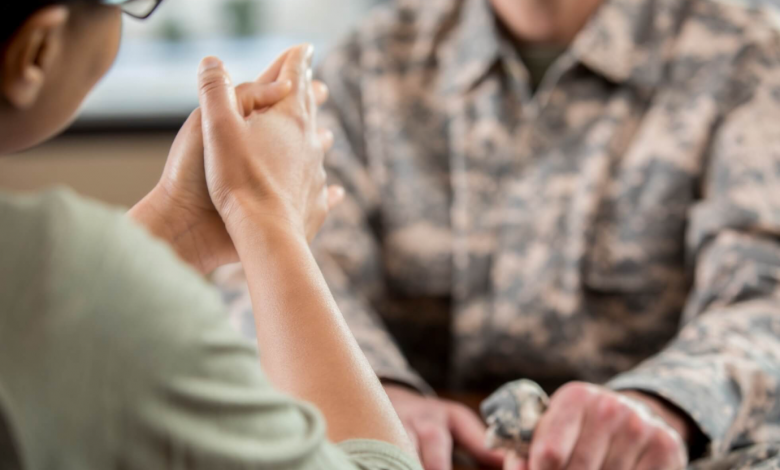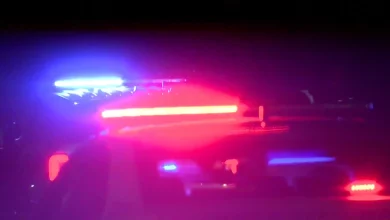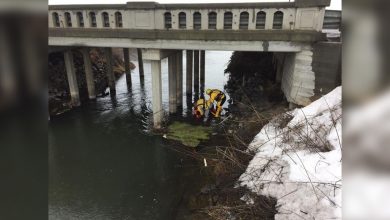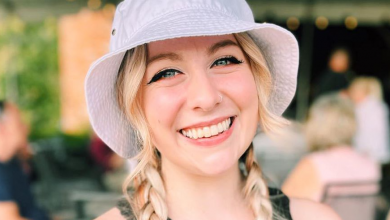Veteran seeking mental health treatment after threats to kill public officials

The Vinton man at the center of Roanoke County’s first red flag case is seeking mental health treatment before his next hearing, his attorney says.
Douglas Paul England, 45, called the Veterans Crisis Line on July 21 and demanded assistance. When he didn’t get the help he was looking for, he threatened to kill local government officials, according to court documents.
An emergency substantial risk order was filed against England per Virginia’s 2-year-old red flag statute, and England voluntarily handed over his guns to law enforcement officers.
During a hearing Aug. 5, a judge found that England’s possession of the weapons could pose a significant threat to the community, and the risk order was extended through Oct. 21.
England’s attorney, Rob Dean, said in a written statement that the veteran will be seeking mental health treatment before his next court date.
“According to reports, Mr. England, a veteran with no criminal history, was suffering from a mental health crisis that prompted his alleged conduct on the date in question, which stands in contrast to his lifetime of military service and civic engagement,” Dean wrote Wednesday in an email.
During the substantial risk order’s 90-day extension, Dean said England is expected to follow-up with his health care providers.
“He has fully cooperated with law enforcement, and he appreciates the diligence and professionalism of the Vinton Police Department in assisting him,” Dean said.
When England called the hotline in July, he most likely chatted with a U.S. Department of Veterans Affairs employee at a crisis line hub in either New York or Atlanta.
Kathleen Foust is a community engagement and partnership coordinator for the suicide prevention program at the Salem VA Medical Center. She said calls to New York or Atlanta that need further assessment are forwarded to the caller’s local VA medical center.
“We will do follow-up calls with those individuals,” Foust said in an interview Friday.
Foust said local law enforcement officers often work closely with the VA center, sometimes transporting veterans in need of medical services. Officers, paramedics, firefighters and 911 dispatchers can also receive training through the center.
“Certain VA staff participate in a training called Crisis Intervention Team training,” Foust said. “That’s essentially a training that is offered to police officers, who are then called CIT officers, who are able to respond to mental health crises in the community.”
Foust said the 67,000 eligible veterans in the 26 Virginia counties the center serves all have different needs and may call the crisis line for different reasons.
“Sometimes they are dealing with something like post-traumatic stress disorder. But a lot of times it’s that they are facing family stressors, that they don’t know how to access their benefits, that they have been trying to get information about any number of things that they might call for,” Foust said.
But experts — both on the phone and in person — are available to help veterans with mental health challenges at any time.
“We have a program called primary care mental health integration,” Foust said. “It is basically a mental health walk-in clinic. Veterans can come to this VA, even if they’re not enrolled in care, if they’re having a mental health struggle, they can meet with one of our social workers and psychologists.”
That program runs Monday through Friday during regular businesses hours.
“If there is a crisis after hours, of course, we have our ER here. That’s a 24-hour service, and there’s always psychiatric coverage,” Foust said. “We also have many other mental health resources here. If people have questions about what those might be for specific issues, I would very much encourage them to call and ask and we could point them in the right direction.”




